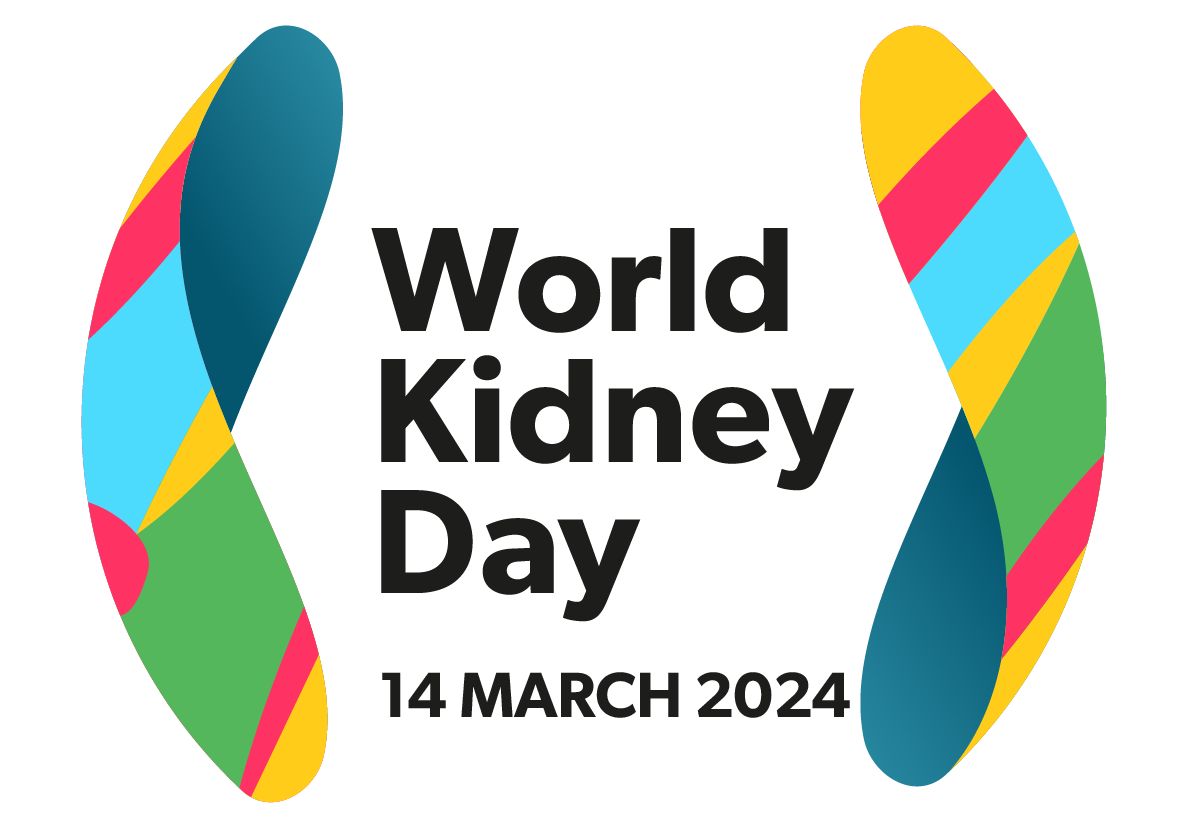Home | Altura Blog |
World Kidney Day
February 15, 2024 | Altura Blog
Topic:
Activities of Daily Living Diseases & Health Related Conditions Health and Safety Healthy Ageing
14 March, 2024
World Kidney Day is a global campaign that aims to raise awareness of the importance of our kidneys to our overall health and to reduce the frequency and impact of kidney disease and its associated health problems worldwide. WKD is celebrated every second Thursday in March. Many individuals and organizations around the world celebrate this day by organizing different activities aimed at raising awareness of kidney disease.
Advancing equitable access to care and optimal medication practice
Chronic kidney disease (CKD) is estimated to affect more than 850 million people worldwide and resulted in over 3.1 million deaths in 2019.[1] Presently, kidney disease ranks as the 8th leading cause of death[2], and if left unaddressed, it is projected to be the 5th leading cause of years of life lost by 2040.[3]
Over the last three decades, CKD treatment efforts have centered on preparing for and delivering kidney replacement therapies. However, recent therapeutic breakthroughs [4] offer unprecedented opportunities to prevent or delay disease and mitigate complications such as cardiovascular disease and kidney failure, ultimately prolonging the quality and quantity of life for people living with CKD.
While these new therapies should be universally accessible to all patients, in every country and environment, barriers such as lack of CKD awareness, insufficient knowledge or confidence with newer therapeutic strategies, shortages of kidney specialists, and treatment costs contribute to profound disparities in accessing treatments, particularly in low-and-middle-income countries, but also in some high-income settings. These inequities emphasize the need to shift focus towards CKD awareness and capacity building of the healthcare workforce.

Achieving optimal kidney care requires overcoming barriers at multiple levels while considering contextual differences across world regions. These include gaps in early diagnosis, lack of universal healthcare or insurance coverage, low awareness among healthcare workers, and challenges to medication cost and accessibility. A multi-pronged strategy is required to save kidneys, hearts, and lives:
Health policies – Primary and secondary prevention of CKD require targeted health policies that holistically integrate kidney care into existing health programs, secure funding for kidney care, and disseminate kidney health knowledge to the public and the healthcare workforce. Equitable access to kidney disease screening, tools for early diagnosis, and sustainable access to quality treatment should be implemented to prevent CKD or its progression.
Healthcare delivery – Suboptimal kidney care results from limited policy focus, inadequate patient and provider education, lack of resources for high-quality care, and limited access to affordable medication. To enact strategies successfully, it is essential to adopt a comprehensive, patient-centered, and locally oriented approaches to identify and remedy barriers to high-quality kidney care.
Healthcare professionals – Addressing the shortage of primary care professionals and kidney specialists requires enhancing training, minimizing loss of healthcare providers, and building capacity among healthcare workers, including primary care physicians, nurses, and community health workers. Education on appropriate CKD screening and adherence to clinical practice guideline recommendations are key to successful implementation of effective and safe treatment strategies. Embracing scientific innovation and utilizing pharmacologic and non-pharmacologic tools for CKD treatment, as well as fostering effective communication and empathy among professionals would greatly impact patient well-being.
Empowering patients and communities – Globally, patients struggle to access care and medication due to high costs and misinformation, which impact their health behaviors and adherence. Raising awareness about CKD risk factors such as diabetes, hypertension, and obesity, enhancing health literacy about healthy lifestyle choices, self-care, and promoting long-term adherence to treatment strategies can bring large benefits especially when initiated early and consistently maintained. Involving patients in advocacy organizations and local communities will empower them to make informed decisions and improve their health outcomes.
Find out more about World Kidney Day here.


